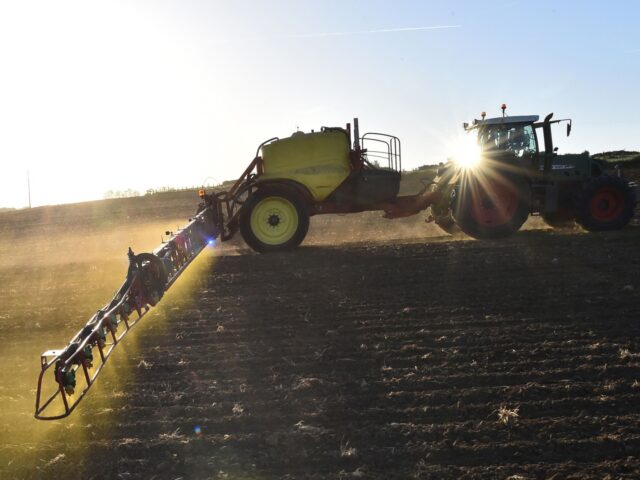The head of a major fast food chain in Ireland has expressed concern that the country may face food shortages this coming winter, telling the general public that they should stock up.
Pat McDonagh, the head of a local fast-food chain Supermac’s, has warned the public that Ireland may face food shortages over the coming winter, and that individuals should be looking to stock up on non-perishable food.
In his warning on Wednesday, McDonagh put great emphasis on difficulties to do with fertiliser in the country, the lack of which has the danger of halving farmers’ crop yields, something that has somehow not stopped the likes of Sri Lanka, the Netherlands and Canada from trying to clamp down on fertiliser use in service of their green agendas.
In an interview with local broadcaster Newstalk, McDonagh said that his fast-food empire was already suffering from an increase in the price of food, and that the general public — already plagued by an energy and housing crisis — could soon too face food shortages as a result of the Ukraine war.
“I would be concerned… in one sense there could be a little bit of a scarcity of food towards the end of the winter up towards December,” the Supermac’s head told the broadcaster.
“The price of, say, cooking oil has nearly doubled in the last six months because most of it comes from the sunflower in Ukraine,” he continued.
McDonagh went on to say that many farmers in the region have had their planting disrupted, while food producers at home have had to do without fertiliser due to high prices, two factors which he said would likely extend difficulties to do with food insecurities.
“I would be recommending people to buy a bit of long-life food earlier on,” he also said.
Dutch Farmers Block Highways with Manure and Burning Hay to Protest Globalist Climate Agendahttps://t.co/Ayf31pOOzL
— Breitbart London (@BreitbartLondon) July 27, 2022
The emphasis the fast-food tsar put on the importance of fertiliser mirrors warnings issued near the beginning of the Ukraine crisis that a shortage of the essential resource could mean a halving of yields, and in turn a seismic rise in the price of food for both the short and medium term.
Despite the obvious importance of growing food to feed people, and the problems which can follow if that supply is disrupted being learnt across Europe at the moment, some countries including Sri Lanka, the Netherlands, and Canada, are clamping down on agriculture, including shutting down agricultural land and restricting the use of fertiliser in service of their green agendas.
In Canada, the country’s hard-left Prime Minister Justin Trudeau has put a limit on the amount of fertiliser farmers are allowed to use, despite protests from local producers that his restrictions are “arbitrary” and endanger both the livelihoods of farmers as well as food prices for the Canadian citizen.
Local publications have started comparing the crackdown on farming underway in the Netherlands, something that has resulted in mass protests from farmers due to the fact the green agenda measures will endanger up to 30 per cent of the country’s livestock farms.
Pushed to implement the environmentalist crackdown by the EU, the Dutch government has declared measures that aim to cut the amount of nitrogen pollution in some areas by up to 95 per cent, while saying that the fact that some farms will inevitably go out of business is merely part and parcel of the “unavoidable transition”.
While the green agenda measures have prompted harsh protests that have been disrupting everyday life in the country, the Netherlands is nevertheless in a far better place than Sri Lanka, which is now suffering serious food, fuel and medicine shortages as a result of government mismanagement, including banning fertilisers in a forced nationwide transition to organic farming.
The plan backfired spectacularly, with the dire physical and economic conditions in the state resulting in mass protests that even forced the nation’s president to flee the country.

COMMENTS
Please let us know if you're having issues with commenting.